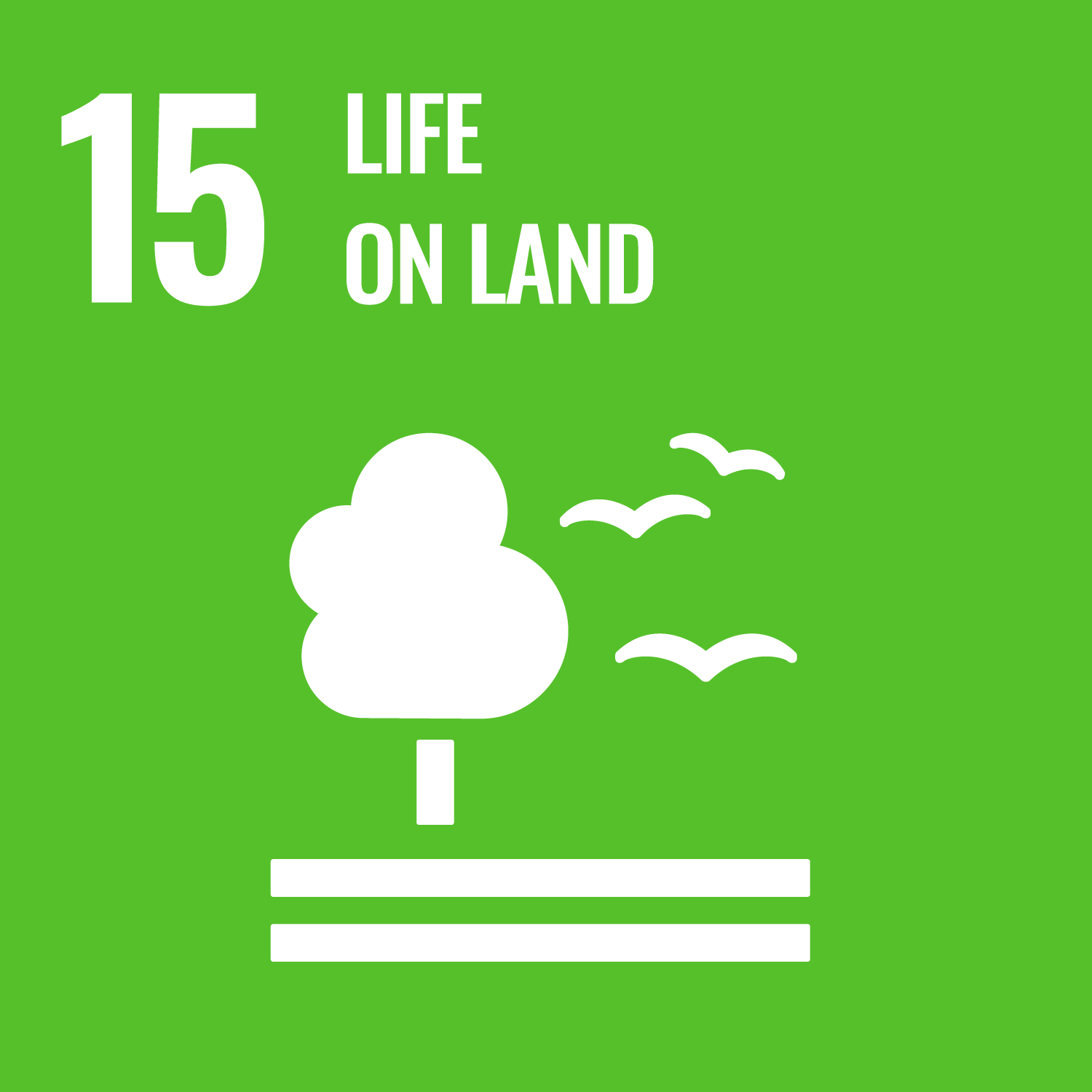Qiu, L., Daniell, T.J. orcid.org/0000-0003-0435-4343, Nafees, M. et al. (9 more authors) (2025) Biochar-induced strong microbial carbon limitation prompts organic carbon sequestration and plant growth in antibiotic-contaminated soil. Plant and Soil, 516 (2). pp. 2293-2309. ISSN: 0032-079X
Abstract
Background and aims: Organic fertilization introduces considerable antibiotics into agricultural soil. Biochar has been widely proposed as a win–win strategy for enhancing soil health, achieving carbon neutrality and improving plant growth. However, the mechanisms of how biochar enhances carbon sequestration and stimulates plant development have not been fully characterized, especially in soil containing antibiotics.
Methods: As such, a greenhouse experiment was conducted to investigate the microbial-driven pathways by which biochar enhances soil carbon stabilization and synergistically improves plant productivity. Amplicon sequencing was adopted to analyze soil microbial community composition and untargeted metabolomics was used to understand the molecular composition of soil microbial metabolites.
Results: High-temperature woody biochar increased soil organic carbon content by almost 50%, while the dissolved organic carbon was reduced by half. This induced substantial microbial carbon limitation, decreasing microbial biomass carbon content and reducing microbial carbon metabolism capability. Sulfadiazine presence could enhance biochar-induced microbial carbon limitation and has more serious impacts on soil microbial community. 107 soil metabolites changed significantly after biochar application. Enrichment analysis indicated that biochar application potentially disturbed ABC transporters and amino acid metabolism. The increased content of compounds associated with mineral and organic ion transports might promote nutrient retention in soil, leading to greater accumulation of photosynthetic pigments and increased ryegrass growth.
Conclusions: We found that biochar-induced strong microbial carbon limitation prompts organic carbon sequestration and plant growth in antibiotic-contaminated soil. Understanding the intrinsic relationship between biochar-mediated soil microbial metabolism and plant growth will facilitate the advancement of low-input, high-resilience sustainable agriculture.
Metadata
| Item Type: | Article |
|---|---|
| Authors/Creators: |
|
| Copyright, Publisher and Additional Information: | © 2025 The Authors. Except as otherwise noted, this author-accepted version of a journal article published in Plant and Soil is made available via the University of Sheffield Research Publications and Copyright Policy under the terms of the Creative Commons Attribution 4.0 International License (CC-BY 4.0), which permits unrestricted use, distribution and reproduction in any medium, provided the original work is properly cited. To view a copy of this licence, visit http://creativecommons.org/licenses/by/4.0/ |
| Keywords: | Biochar; Antibiotic; Soil organic matter; Soil microbial community; Carbon sequestration |
| Dates: |
|
| Institution: | The University of Sheffield |
| Academic Units: | The University of Sheffield > Faculty of Science (Sheffield) > School of Biosciences (Sheffield) |
| Funding Information: | Funder Grant number NATURAL ENVIRONMENT RESEARCH COUNCIL NE/S009132/1 Natural Environment Research Council NE/N00745X/1 |
| Date Deposited: | 02 Oct 2025 14:26 |
| Last Modified: | 01 Mar 2026 04:59 |
| Status: | Published |
| Publisher: | Springer Science and Business Media LLC |
| Refereed: | Yes |
| Identification Number: | 10.1007/s11104-025-07861-1 |
| Sustainable Development Goals: | |
| Open Archives Initiative ID (OAI ID): | oai:eprints.whiterose.ac.uk:232500 |
Download
Filename: Revised_version_of_manuscriptwithout_track_changes__R1_.pdf
Licence: CC-BY 4.0


 CORE (COnnecting REpositories)
CORE (COnnecting REpositories) CORE (COnnecting REpositories)
CORE (COnnecting REpositories)